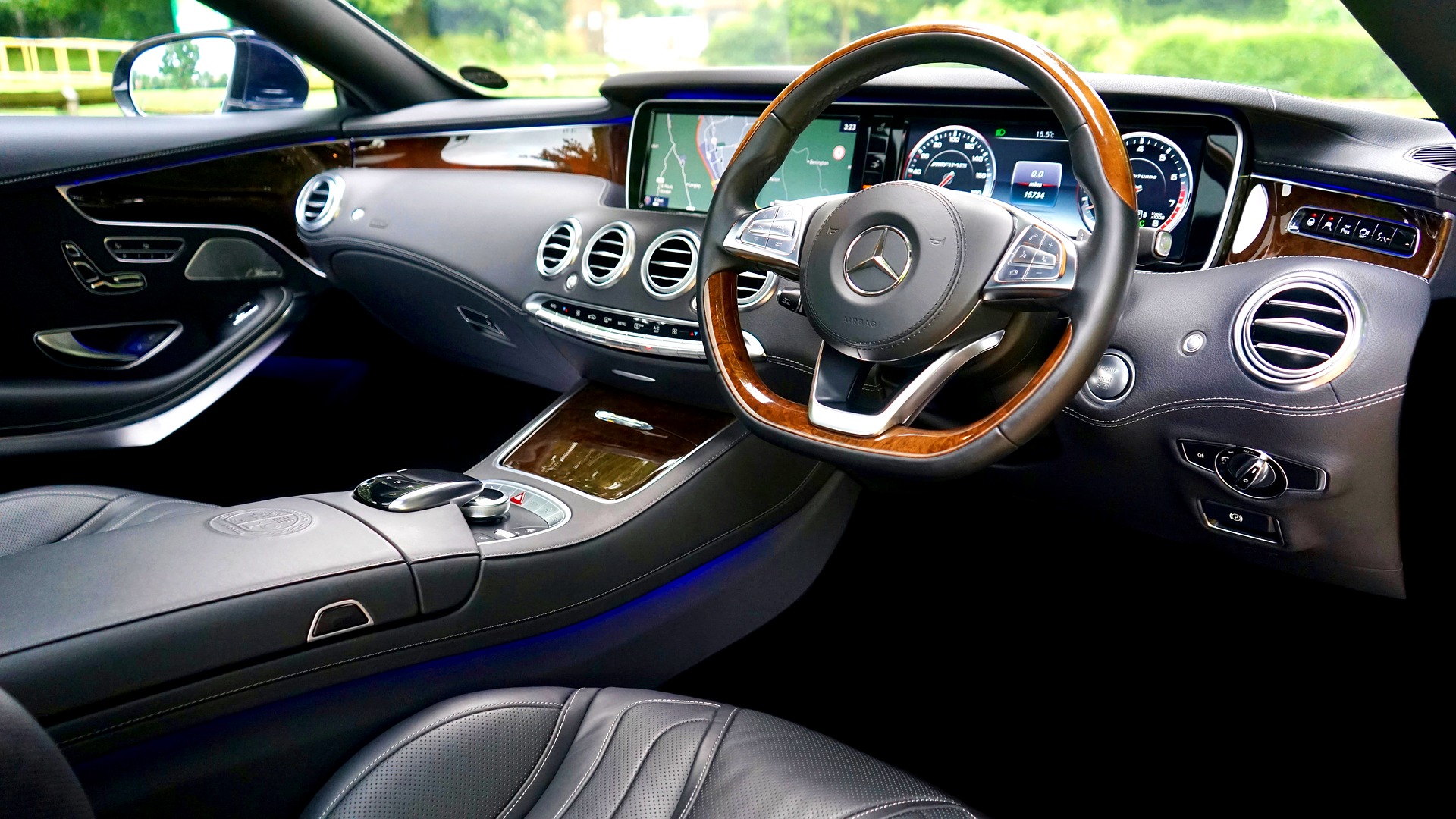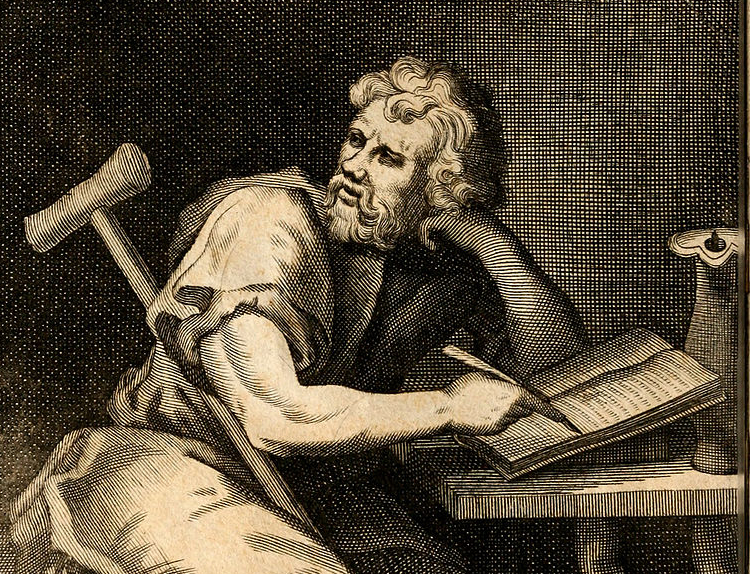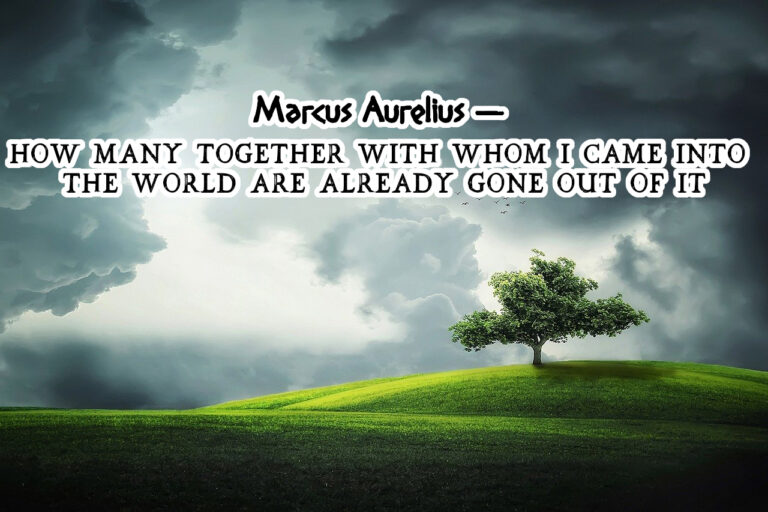
Pretty soon in the UK we’ll see the arrival of motorcars that know the speed limit and will warn you not to exceed it, eventually these will be replaced by a car that makes it impossible to speed. We’re all aware that speed kills, that every year there’s countless accidents that result in severe injury and sometimes death but is it right that the government can mandate the introduction of technology that can prevent you from breaking the law?
In an ordinary car, your foot can hit the accelerator and you can go as fast as the laws of physics will allow, but this requires policing, speed cameras, speed bumps, patrol cars or police interceptors as they are sometimes called. It involves a cost to the state that they’d rather not have, hence their desire to automate policing wherever they can. Should it be impossible to break the speed limit then all of these can be removed from the roads, everyone hates speed bumps, especially ambulance drivers and paramedics or so I’m told, but nevertheless is this a right and moral thing to do? In a more philosophical sense we should ask ourselves, do we become more, or less free whenever choices are taken away from us, and where can this lead?
The real world that exists beyond our skins is full of danger and it’s a natural human instinct to want to remove sources of threat from our lives, that’s why there are no bears or wolves left in the UK, they’ve been hunted to death by our ancestors who lived in fear of the existential threat posed by them to themselves, their livestock and their livelihoods. We’ve murdered everything that could have killed, maimed, mangled or eaten us making the modern forest a restful place where you can sit idly for a few hours listening to the birds and the sound of the wind rustling through the bowers, but when choices are removed from us aren’t we less free? If we care about our personal liberties, shouldn’t we demand that it’s our choice whether or not to break the speed limit, rob a bank or kill someone? There may be mitigating circumstances that are best put before a jury of our peers who, might, if we are lucky see things our way.
When the choice to be bad is removed from us it prevents us from being morally responsible beings who make their own choices and are accountable for them. There’s a word for this, it’s ‘infantilisation,’ in exactly the same way that parents are responsible for the actions and behaviours of their children, the state is making itself responsible for us by removing choice, that in turn, removes the opportunity to be moral, to choose virtue when the alternative is vice. Without morality we cannot live a good life, which is the whole point of philosophy, making ethics a highly important and well-developed philosophical field. Our lives might be comfortable but they will be devoid of meaning, purpose and happiness in the absence of risk.
Nietzsche saw all life processes everywhere as nothing more than the actions of a Will to Power that when discharged, overcoming obstacles, adversaries, health conditions or difficult circumstances led one to feel good about oneself, when the will was impeded, the opposite was true leading to feelings of personal diminishment, such as depression, melancholy, lack of self-esteem and so on. The will is best turned inward, sublimated to overcome flaws in our own characters, so that we’re continually improving and are always in a position where one is ‘becoming,’ never ‘attaining,’ making us into the ideal man, the Superman, or Ubermensch of Nietzsche’s philosophy. If the will is turned outward then it is best expressed through great achievement, such as being the best in any chosen endeavour whether that’s mountain climbing, sportsmanship such as athletics, martial arts or more practically studying medicine in order to be the best doctor in your field, if you write music then you must become the best composer. In short you must always be in the position of overcoming, making yourself greater than you were and none of this is possible in a world devoid of choices, freely made by ourselves. This is why philosophers prize liberty; we cannot be our best selves if we allow others to make our selections for us. These are the best and most noble expressions of the Will to Power, through self-refinement or through artistic, scholarly or practical expression for the benefit of others. It goes without saying that the Will to Power can often be vulgar, animalistic, violent, angry and criminal, self-gratifying and brutal, when expressed this way, entire cities, civilisations and ways of life have been ground into the dust, enemies destroyed, children killed, populations starved and statues toppled all because the Will to Power was expressed in the most unrefined ways.
A civilised man is one that understand the Will to Power and how it operates, having that under voluntary control, a brute is one that does not need to know about the will but nevertheless understands it, dominating through threat of violence, neither are good or bad when compared to the essential nihilism of a vast uncaring universe devoid of meaning, they are just aspects of human nature, the product of evolution, differing sides of the same coin. The Will to Power is all that there is, it’s in every living thing from bacteria and algae to the solitary tigers that stalk the Jungle. Life is always in a position of struggle and only dignifies itself by overcoming which is why it is a good moral choice to turn the will inward, upon ourselves so that we become better as judged by ourselves today than we were yesterday, hence we should always be free to break the speed limit, or if a frequent speeder then free to force ourselves to stick to it in an effort to refine ourselves into our best selves. We must always be free to make mistakes, to break any law, to act impulsively despite the best efforts of our governments and our technological overlords who would prefer it if we didn’t, if we simply remained safe, in our pigeonholes, tucked up in our beds or welded to our sofas in front of the TV in our homes where it is safe, then what life is that? It is obvious that we must reject monitoring technologies that remove our ability to make ethical choices out of hand, we alone are responsible for our conduct, our good choices and our bad and are solely accountable for them.
“I am free, no matter what rules surround me. If I find them tolerable, I tolerate them; if I find them too obnoxious, I break them. I am free because I know that I alone am morally responsible for everything I do.”― Robert A. Heinlein
Socrates the 4th Century BC Athenian philosopher willingly drank the hemlock in a stunning display of personal virtue, rather than undermine the moral and legal traditions of the polis because he recognised that the state gave him everything and that he couldn’t have lived a good life without it. It was his choice to obey the law and commit suicide when he could have escaped, his friends having bribed the guards to look the other way. Looking at this through the lens of Nietzschean thinking, it is obvious what motivated him, this naked display of the Will to Power turned upon himself cemented his position in history as one of the greatest men to have ever lived.
“The greatest way to live with honour in this world is to be what we pretend to be.” ― Socrates

